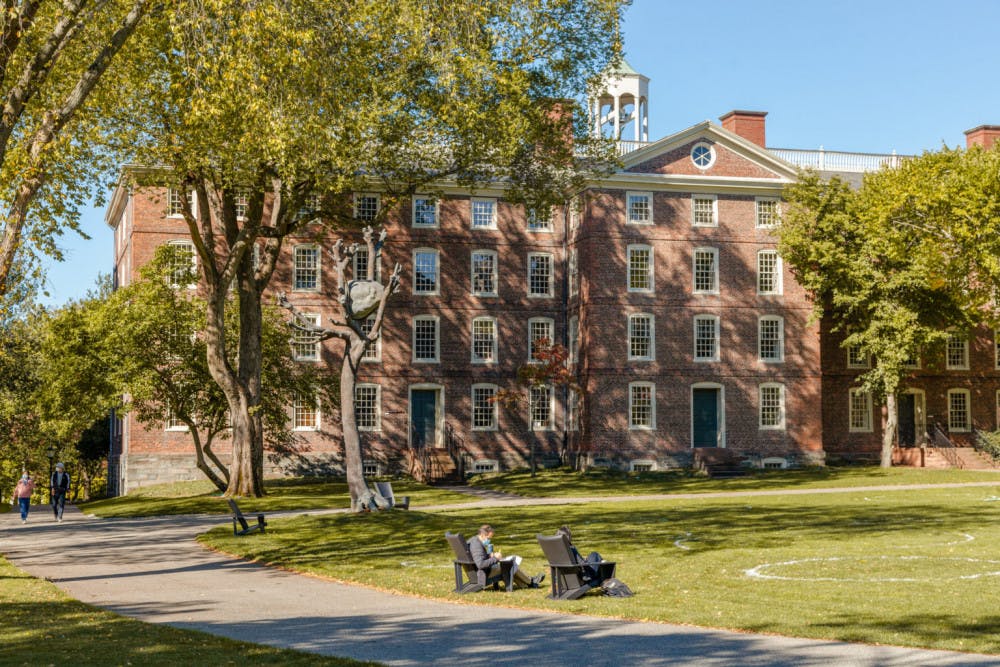Updated at 9:30 p.m. Oct. 27, 2020.
President Christina Paxson P’19 was elected chair of the Association of American Universities’ Board of Directors Tuesday, according to an AAU press release.
The AAU is composed of 65 research universities dedicated to promoting higher education and academic research through lobbying and advocacy work. Recently, the AAU has been working to acquire federal relief and stimulus packages for research universities to help with the financial burdens of the COVID-19 pandemic.
Paxson’s election marks the first time that the AAU has had women in the organization’s top two positions, with Barbara R. Snyder, former president of Case Western Reserve University, serving as the association’s president.
Paxson’s economic and public health experience make her “particularly well-suited to help lead AAU during this time,” Snyder said in the press release. “Her position as a leader of a large, diverse university shows her keen understanding of the role research universities play in educating the next generation of leaders and scholars,” Snyder added. Before Paxson’s election, she previously served as the association’s vice chair under President of Indiana University Michael McRobbie, who recently announced his retirement from Indiana and the AAU.
Paxson’s responsibilities as chair include serving as a spokesperson for member universities on federal higher education policy, communicating with lawmakers, developing policy positions and leading the AAU in setting its yearly agenda.
While in this role, Paxson hopes to support the ability of research universities to “drive discovery that finds cures, saves lives and fuels innovation that drives economic growth across the country,” she said in the press release. Engaging with policy and lawmakers “regarding the impact of research, education and scholarship is increasing in critical importance,” Paxson added.
Paxson also wants to support universities to continue research while they face challenges “such as continuing to provide access to excellent and affordable education during a pandemic, addressing the financial consequences of COVID-19, combatting skepticism about the value of science and ensuring that the United States remains a place where the most talented students and scholars from across the globe want to be and are welcomed,” Paxson wrote in an email to The Herald.
AAU’s policy goals for the next year will be largely shaped by the outcome of the election, but Paxson anticipates that it will include ensuring that universities can continue to support science, fuel economic growth, spread the word that low- and moderate-income families can afford AAU schools, combat racism and sexism in higher education and support graduate studies.
Paxson also plans on discussing issues with lawmakers such as providing Pell grants for financial aid, supporting research and assurances for international students to study in the US and be able to stay after graduation.
“My experience speaking with members of Congress on both sides of the aisle is that they appreciate the value of America’s research universities, but that it is important to communicate about the specific actions that will best support our work,” Paxson wrote.

ADVERTISEMENT




